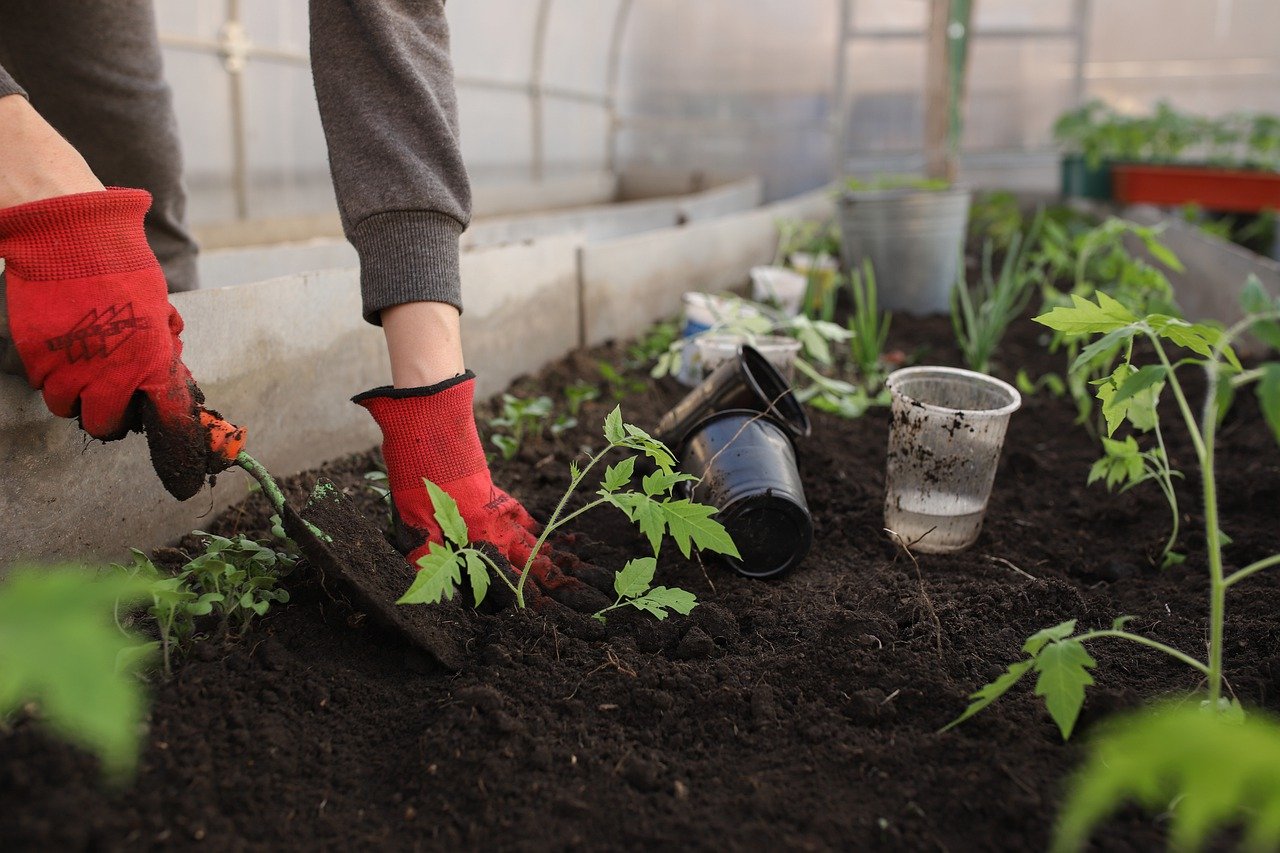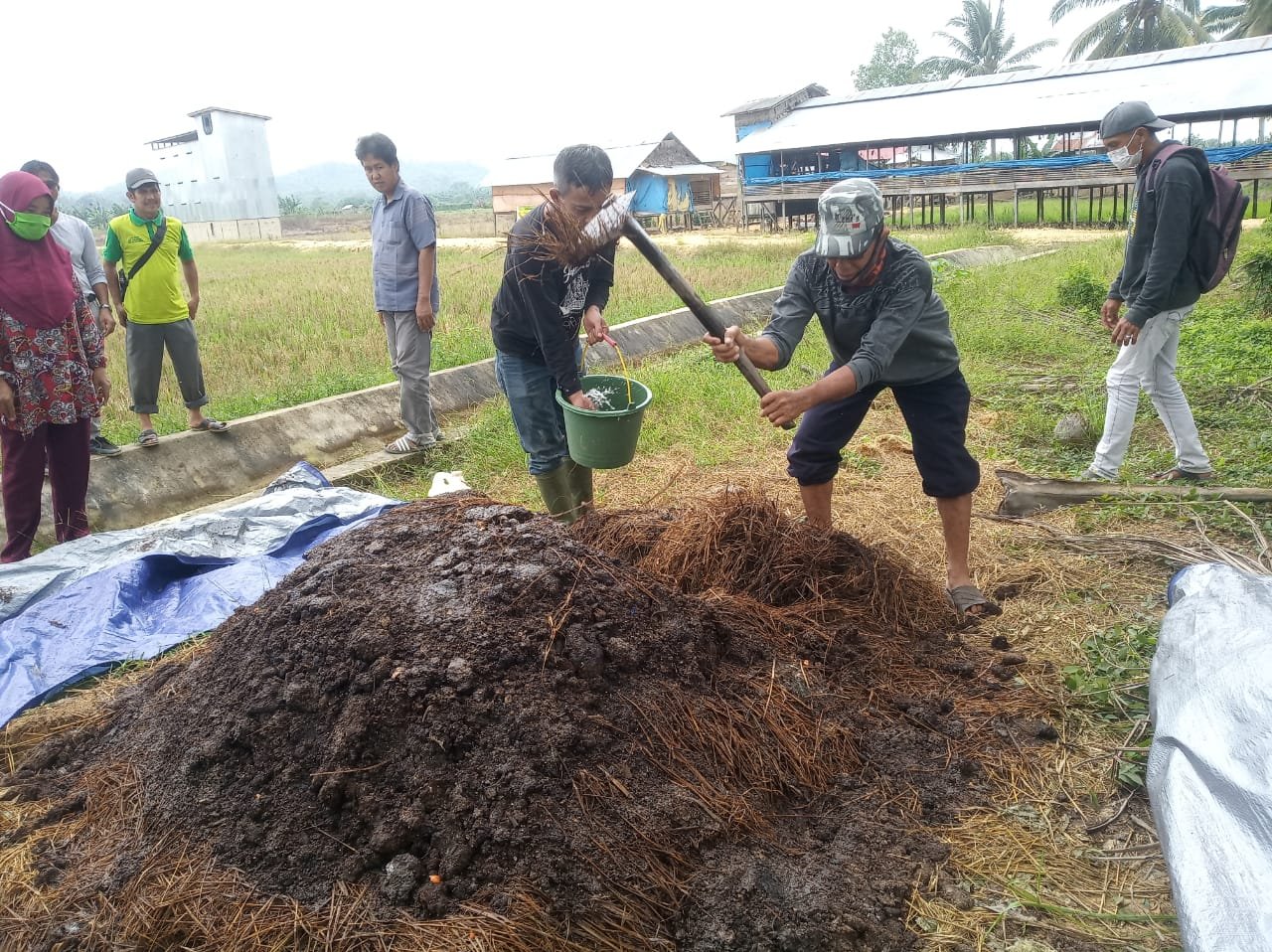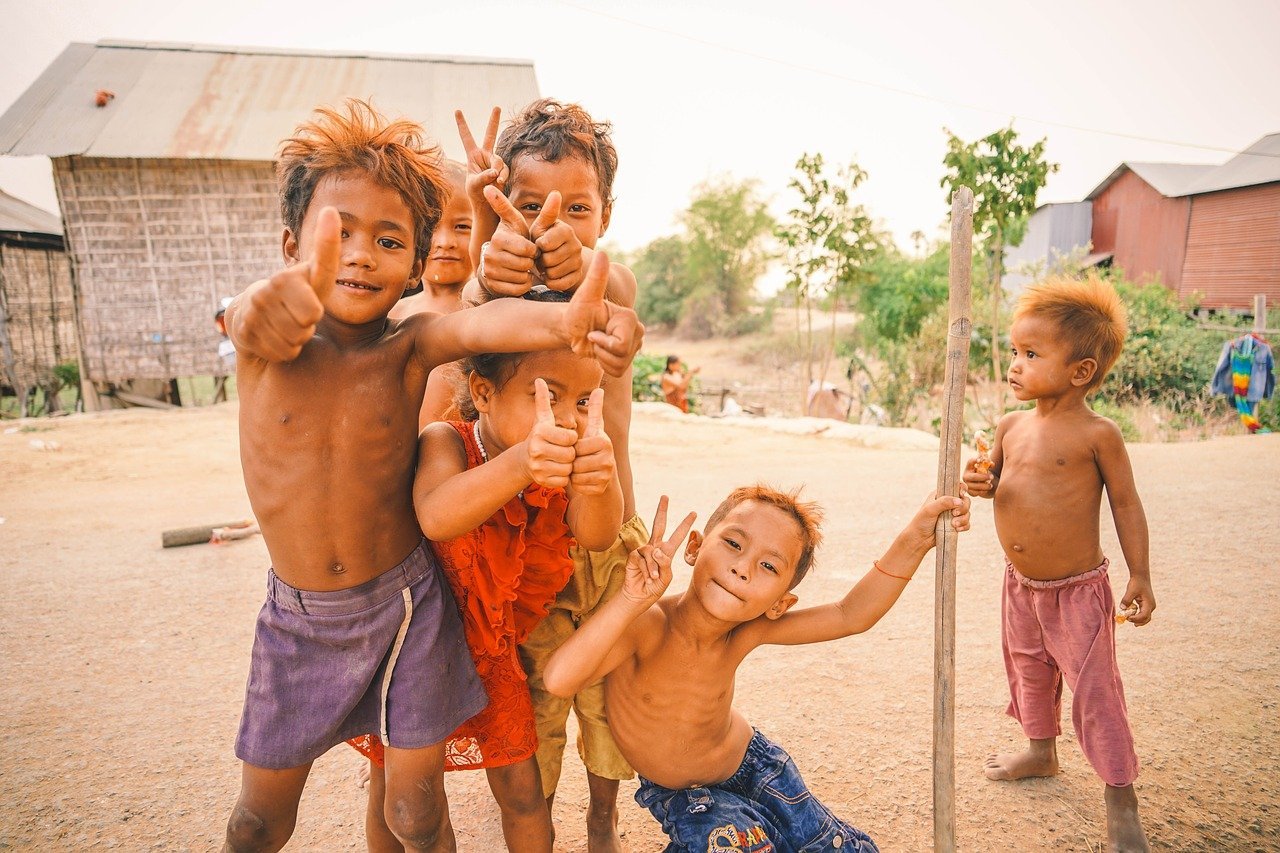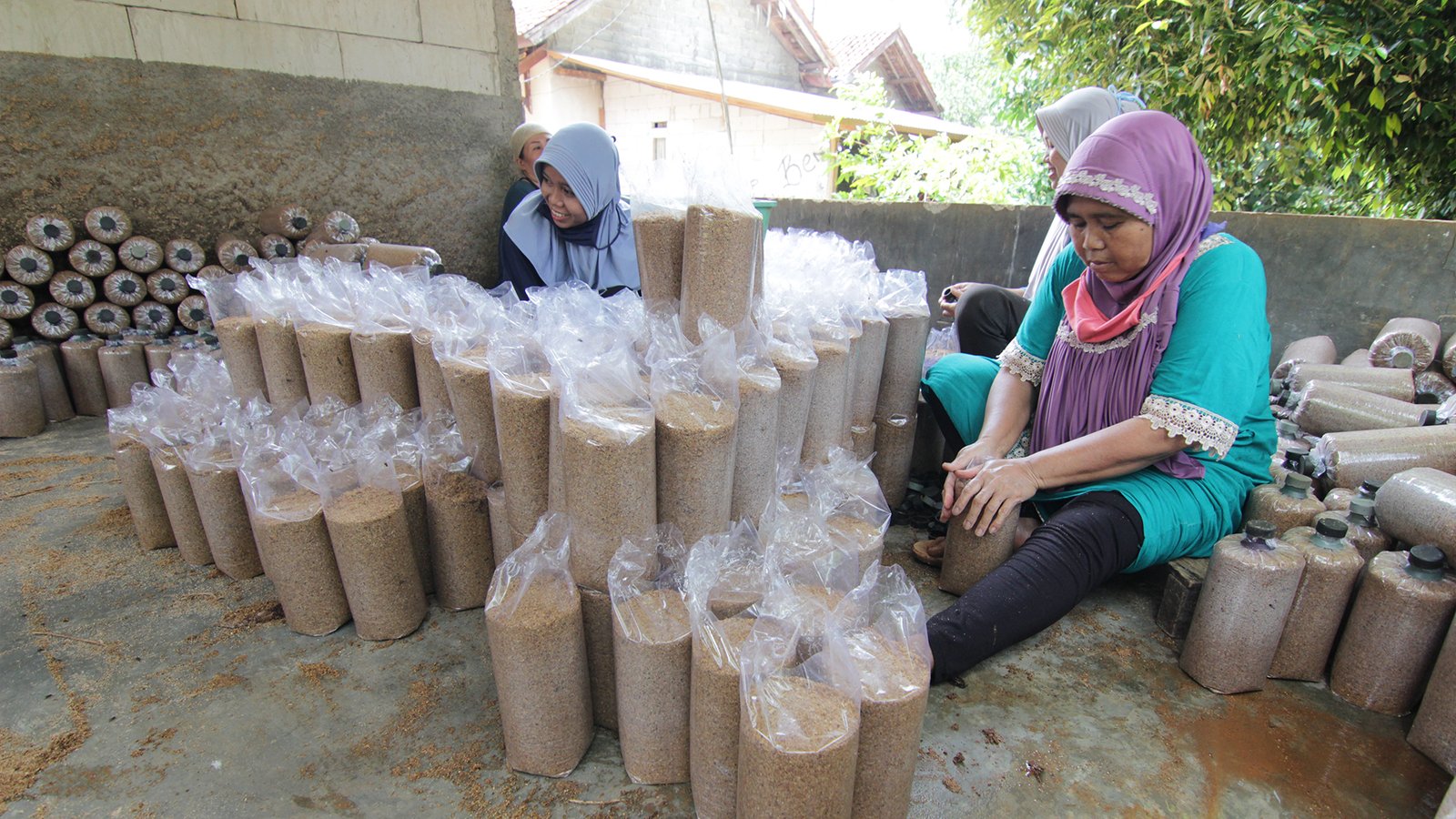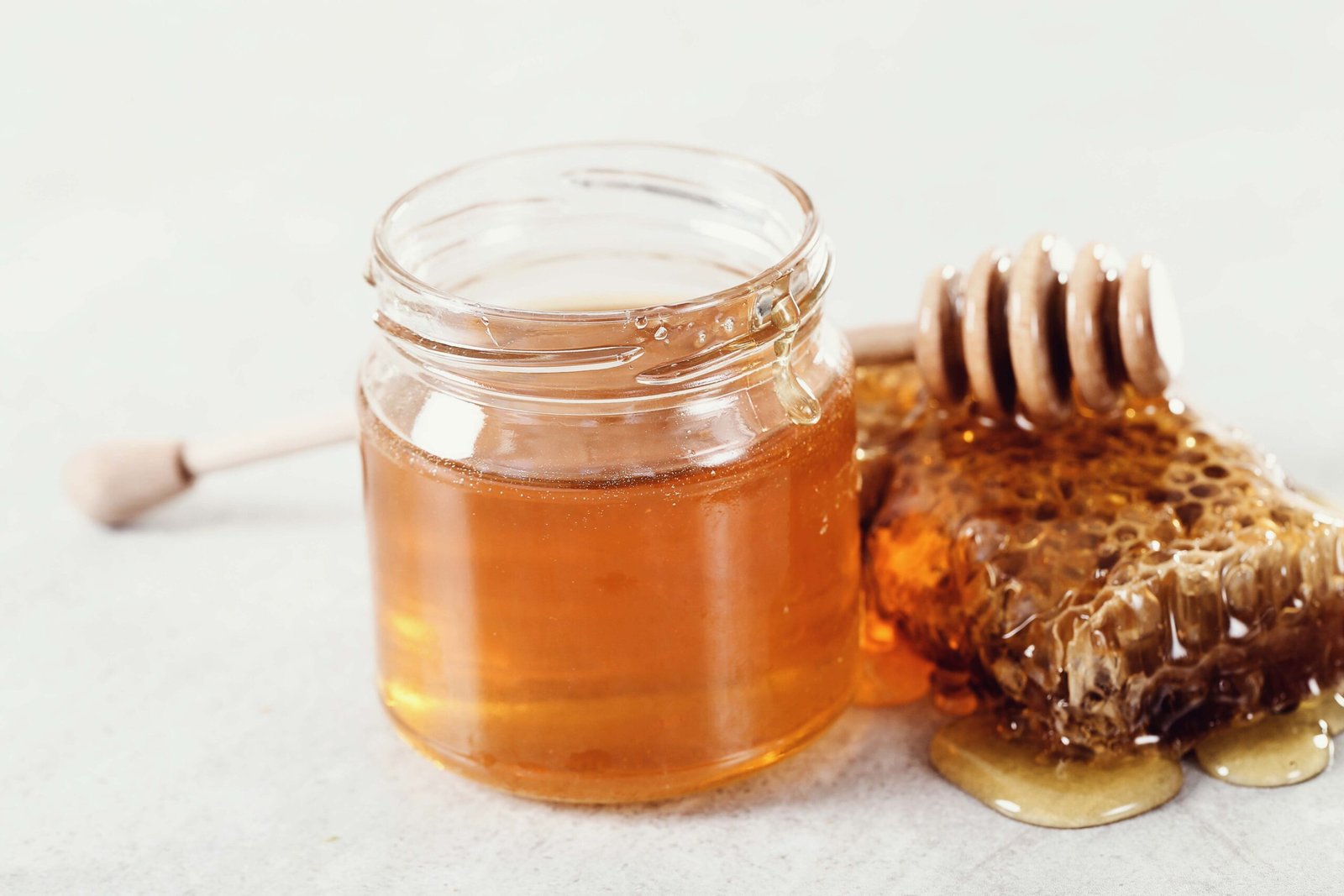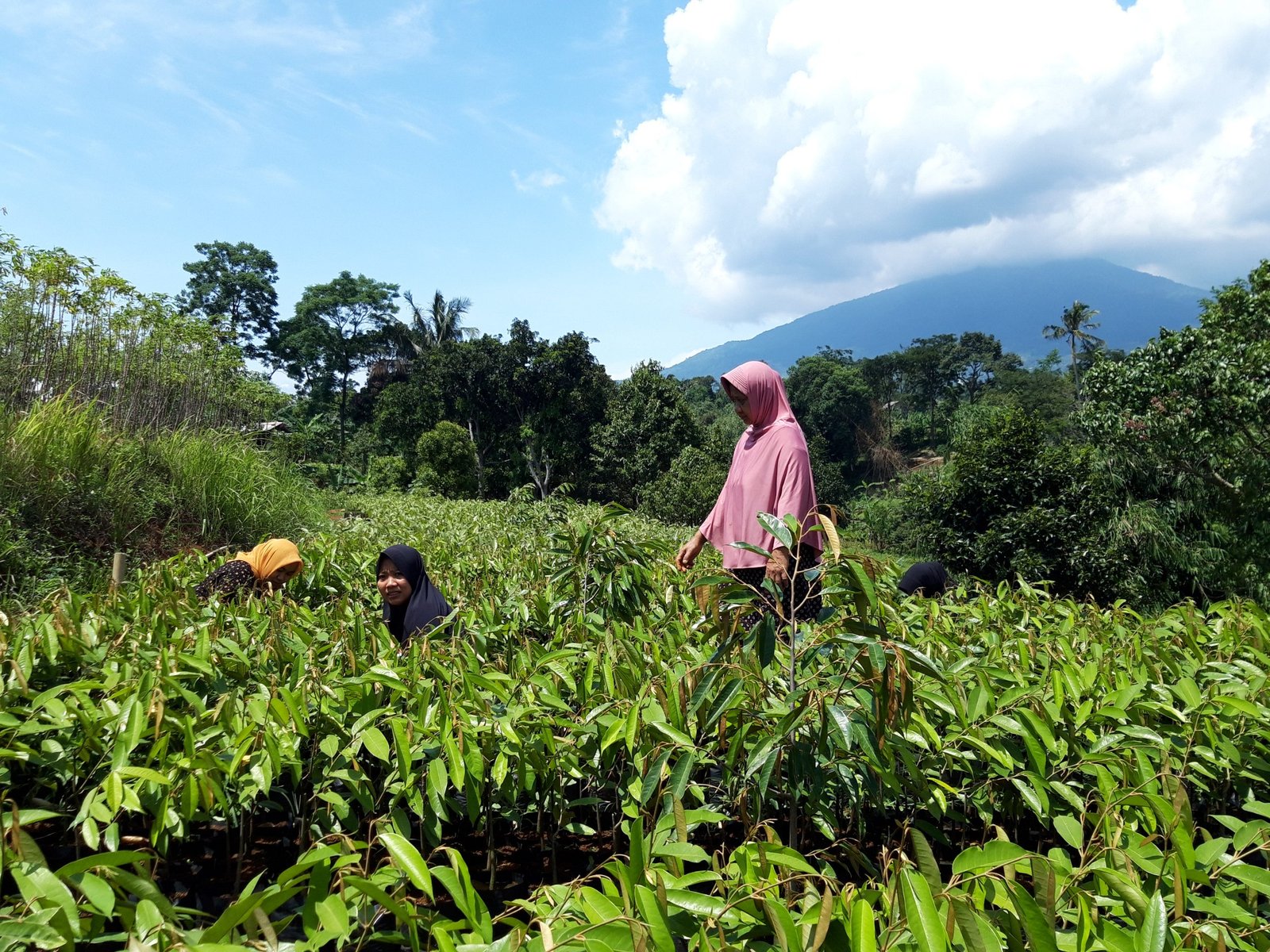The devastation caused by the earthquake in September 2018 that hit Sidera Village, Sigi Regency, Central Sulawesi, did not discourage Juarni (44) from immediately rising from the economic downturn by raising chickens.
Thanks to assistance from PARCiC in collaboration with Bina Swadaya, Juarni was able to open a chicken farming business from previously only selling yellow rice at the refugee site.
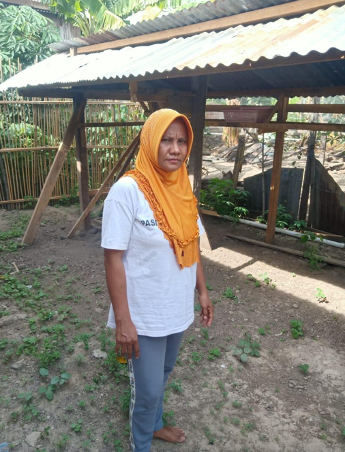
Juarni is one of the beneficiaries of the chicken livestock program.
Living with her husband, two children and one grandchild before the earthquake occurred, Juarni’s daily life was carried out by helping her husband farm crops and planting rice to sell produce in the market.
However, after the disaster in September 2018, Juarni and other villagers could no longer cultivate the land because of damaged irrigation canals, so there was no water flow to the rice fields or fields.
Three months after the disaster, Juarni took the initiative to open a business by selling yellow rice at the evacuation site to survive and rise from the economic downturn. With the remaining money and kitchen tools, he was determined to open the business to get income and not always depend on assistance alone.
After three months of selling in the refugee camp, Juarni finally returned home to sell the tortillas (market snacks) he had been involved in. But when he heard that there was assistance from PARCiC and SKP-HAM that would help the mothers of survivors and have a selling business, he finally ventured to register.
Juarni’s decision to join the first phase of the assistance program finally went smoothly, and successfully sold tortillas. Seeing his success in processing the tortilla business, Juarni is also included in phase 2, namely the native chicken livestock program in collaboration with PARCiC and Bina Swadaya.
Accompanied directly by Bina Swadaya Consultant, Juarni was also successful in raising native chickens. Juarni is one of the beneficiaries with a lot of initiative, creativity and totality in raising chickens.

He admitted that he gained much insight into cultivating native chickens from Bina Swadaya Konsultan as a companion in the field. In addition, insight into chicken cultivation was also obtained from his brother to make Juarni chicken livestock begin to develop finally.
So far, the results Juarni native chickens have been able to produce 30 chicks. The proceeds from the sale of chickens have been used to buy more feed and daily necessities.
“There are also some that the family consumes,” he said.
Juarni is very grateful for the assistance of chicken livestock that can provide economic income in addition to selling tortillas. He also hopes these two businesses can run smoothly to produce a stable financial life again.

